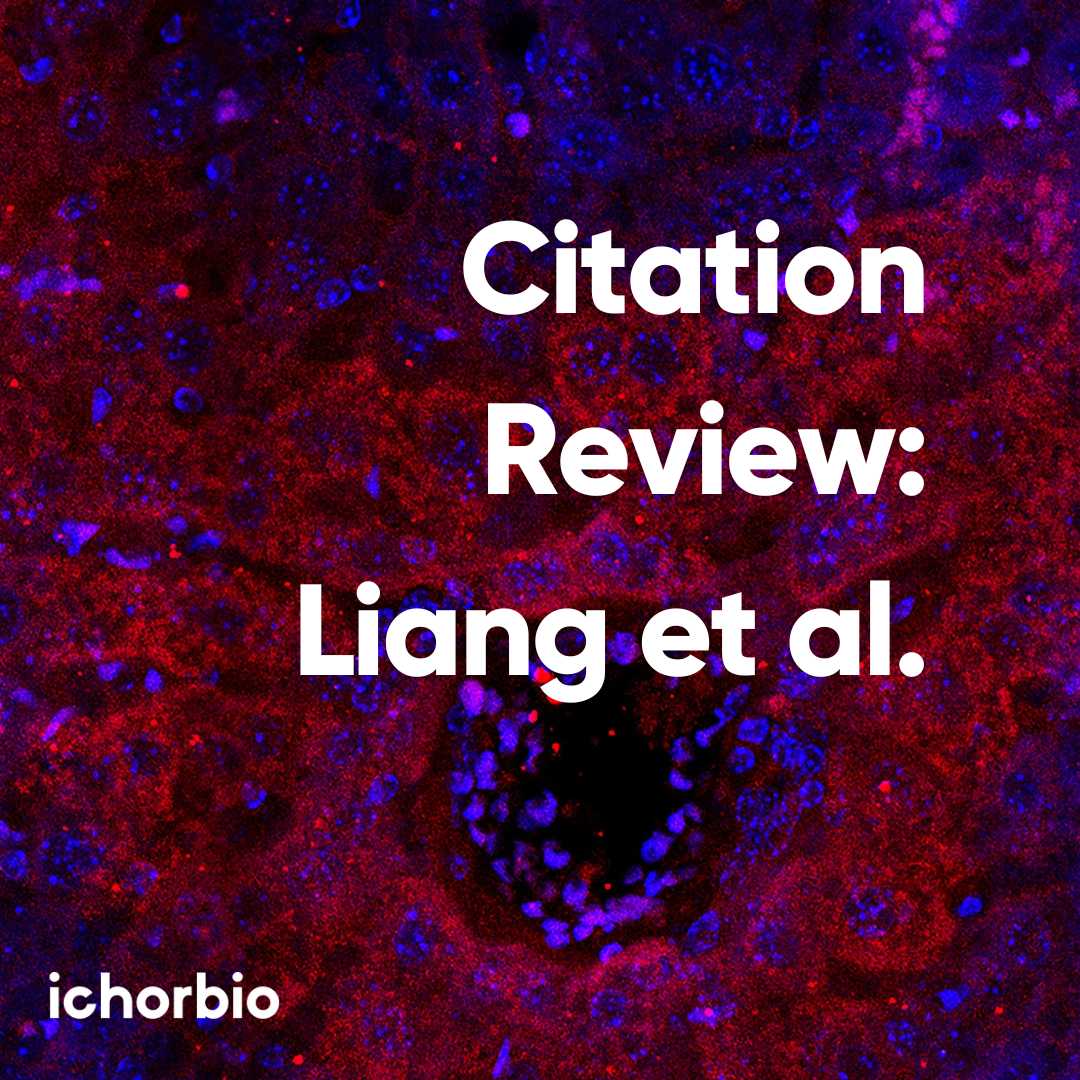Unveiling the Role of SIX4 in Regulating STING Expression and Anti-PD-1 Efficacy in Colon Cancer

Unveiling the Role of SIX4 in Regulating STING Expression and Anti-PD-1 Efficacy in Colon Cancer
In the ever-evolving landscape of cancer immunotherapy, researchers are continually seeking to unravel the intricate mechanisms that govern the body's immune response to tumors. A recent study by Liang et al., published in Cancer Research Communications, sheds light on a novel player in this complex interplay - the transcription factor SIX4 and its role in regulating the expression of STING, a key component of the innate immune system.
The cGAS/STING pathway is a well-known cytosolic DNA-sensing mechanism that plays a crucial role in triggering antitumor immunity. However, STING expression is often reduced or defective in many types of cancer, including colon cancer. This study identifies SIX4 as a significant regulator of STING expression in colon cancer cells.
Through a series of elegant experiments, the researchers demonstrated that knockout of SIX4 led to decreased STING expression at both the mRNA and protein levels, while ectopic expression of SIX4 had the opposite effect. Furthermore, depletion of SIX4 attenuated STING activation and downstream signaling, an effect that was reversed by reexpression of SIX4 or ectopic expression of STING.
Importantly, the study also revealed that decreased SIX4 expression substantially reduced tumor infiltration of CD8+ T cells and diminished the efficacy of anti-PD-1 antibodies in suppressing tumor growth in immune-competent mice. It's worth noting that the researchers used ichorBio's anti-PD-1 antibody (ICH1091) and control IgG (ICH2244) for these in vivo experiments, highlighting the importance of reliable and effective tools in immunotherapy research.
Analysis of The Cancer Genome Atlas (TCGA) colon cancer dataset further supported the findings, indicating that tumors with high SIX4 expression were significantly enriched in the Inflammatory Response pathway. SIX4 expression also correlated with the expression of multiple interferon-stimulated genes, inflammatory cytokines, and CD8A, a marker of cytotoxic T cells.
These findings provide compelling evidence for SIX4 as a principal regulator of STING expression in colon cancer cells, offering an additional mechanism and potential genetic marker to predict effective responses to immune checkpoint blockade therapy.
Looking ahead, this study opens up several avenues for future research. One interesting direction would be to explore the precise mechanism by which SIX4 regulates STING expression - whether it binds directly to the STING promoter or acts indirectly through other target genes. Additionally, investigating the potential of SIX4 as a therapeutic target to enhance the efficacy of immunotherapy in colon cancer could yield exciting translational insights.
Moreover, given the heterogeneity of cancer, it would be worthwhile to examine the role of SIX4 and its relationship with STING expression in other types of tumors. This could help identify cancers that might be particularly susceptible to STING-targeted therapies or combination approaches with immune checkpoint inhibitors.
In conclusion, this study by Liang et al. unveils a new facet of the complex regulation of antitumor immunity, highlighting the importance of SIX4 in modulating STING expression and the efficacy of anti-PD-1 therapy in colon cancer. As we continue to deepen our understanding of these intricate molecular pathways, we inch closer to developing more personalized and effective immunotherapies for cancer patients.


